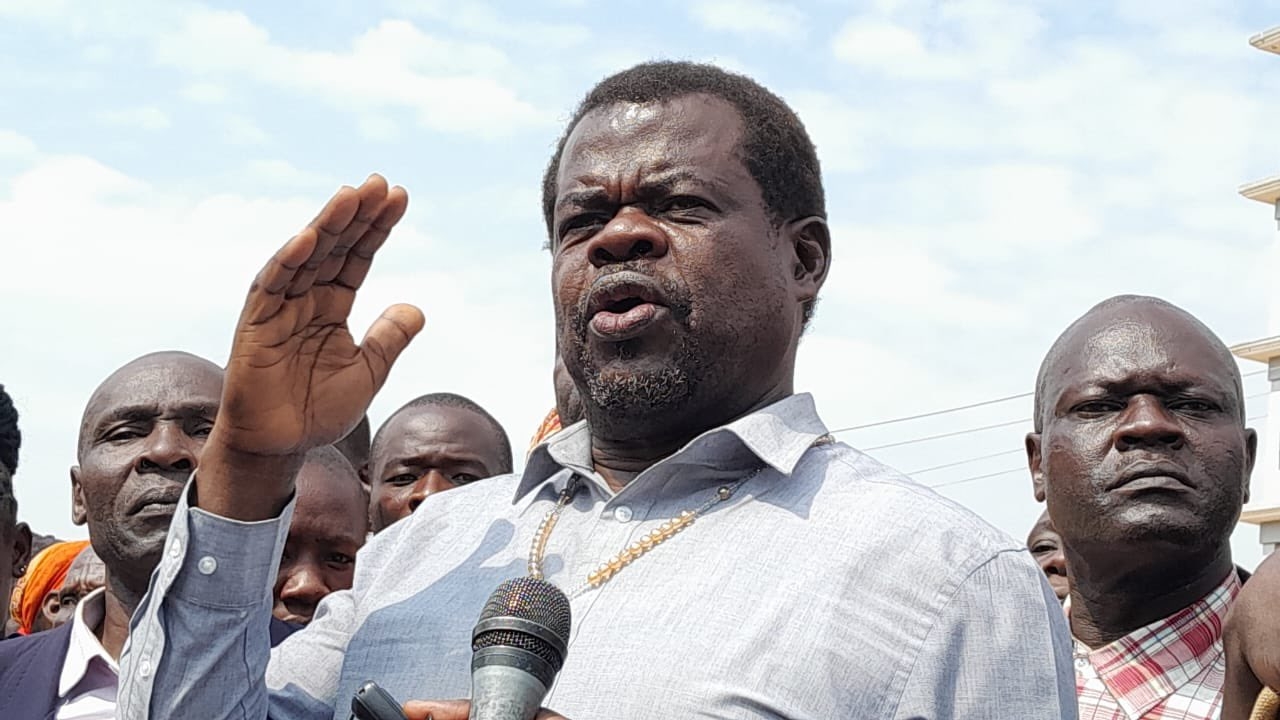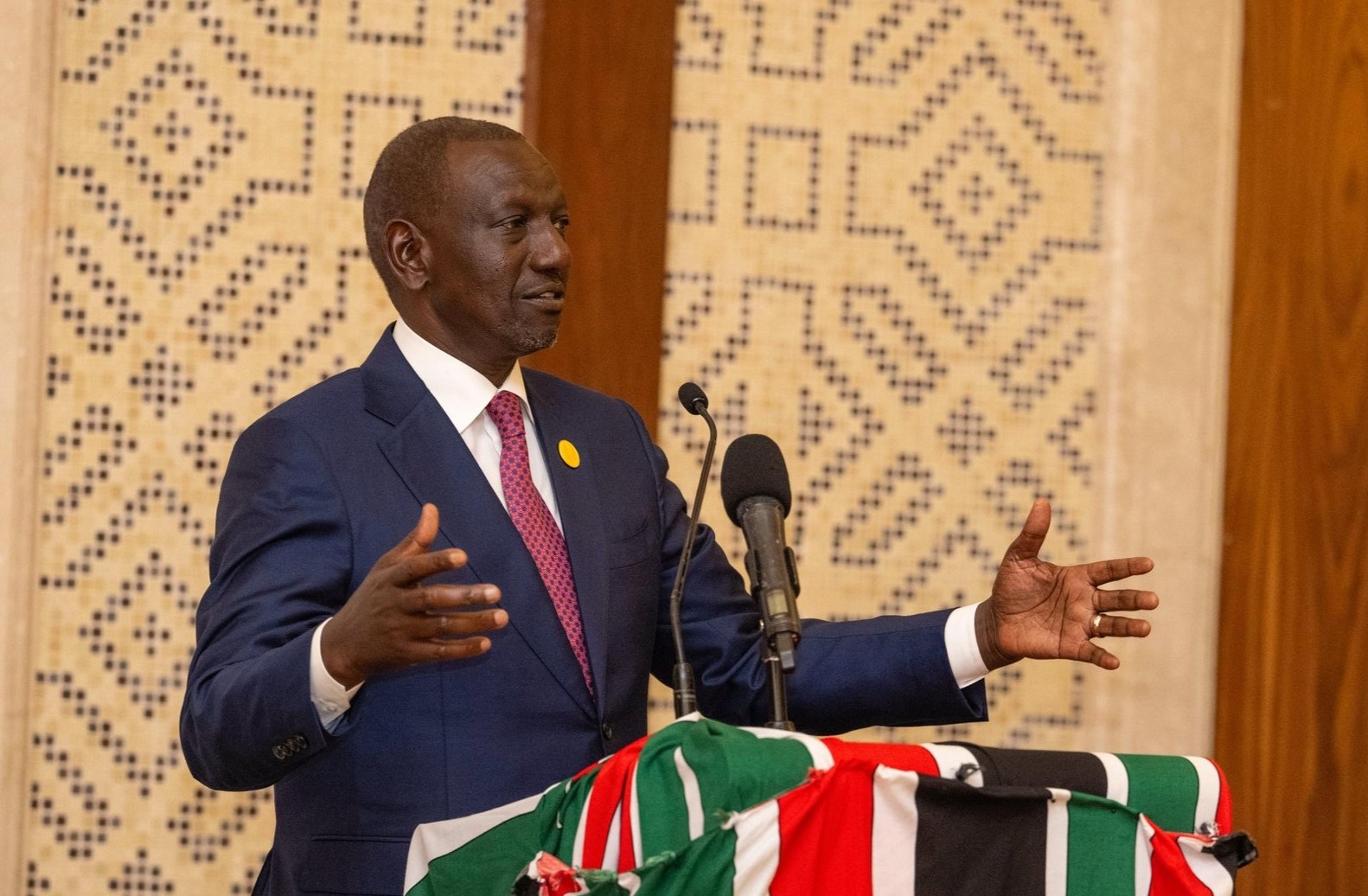The 2022 General Election was held last week in line with the constitutional provision that a General Election be held on the second Tuesday in August in every fifth year. Once the election is done, what follows?
The electoral commission has a seven-day window to declare the result of the election and deliver a written notification of the result to the Chief Justice and the incumbent President.
In the presidential election, if any candidate gains more than half the valid votes cast, and at least 25 per cent of votes in at least 24 counties, such a candidate shall be declared the winner. If this does not happen, a fresh election will be conducted within 30 days after the previous election.
In that fresh election, the only candidates will be the one who garnered the highest number of votes and the one who got the second-highest number of votes. In such a fresh election, the candidate with the highest number of votes shall be declared the winner.
If questions arise regarding the validity of a presidential election, a person may file a petition to the Supreme Court to challenge the election within seven days after the declaration of the results. This is the only case that can be filed at the Supreme Court as a court of first instance.
The Supreme Court will hear and determine the petition within 14 days and its decision shall be final. If the Supreme Court declares the election to be invalid, a fresh election will be conducted within 60 days after the decision is rendered.
Once a President is elected, if no petition is filed, the President-elect shall be sworn in by the Chief Justice or the Deputy Chief Justice on the first Tuesday, after the 14th day following the declaration of the results. If a petition was filed and the election is upheld, the President-elect will be sworn in on the first Tuesday following the seventh day after the pronouncement of the court upholding the election.
A candidate seeking to be the Deputy President vies in a joint ticket with the presidential candidate and is thus affected by all that happens to the presidential candidate. The departure from the old model, where the President appointed the Vice President after the election, was to ensure the Deputy President is not hired and fired at the whims of the President.
Under the current Constitution, if a presidential candidate is declared the winner of the election, their running mate becomes the Deputy President-elect. If the Presidential election is nullified, then the Deputy President-elect also loses the position.
The swearing in of the Deputy President-elect happens on the same day and place as that of the President-elect, and is also conducted by the Chief Justice or the Deputy Chief Justice, in public.
In the other elective posts, the candidate with the most number of votes is declared the winner. Any person who wishes to contest the elections of these posts may do so by filing a petition in the High Court. The decision rendered may be appealed, which sometimes has the effect of making candidates spend much time and resources fighting legal battles.
Members of the legislative houses, that is, Members of National Assembly, Woman Representatives, Senators and Members of County Assembly are sworn in in their respective legislative houses. A Governor-elect and the Deputy are sworn in in a public ceremony in their respective counties.
Now you know what to expect over the coming weeks, or months.
















